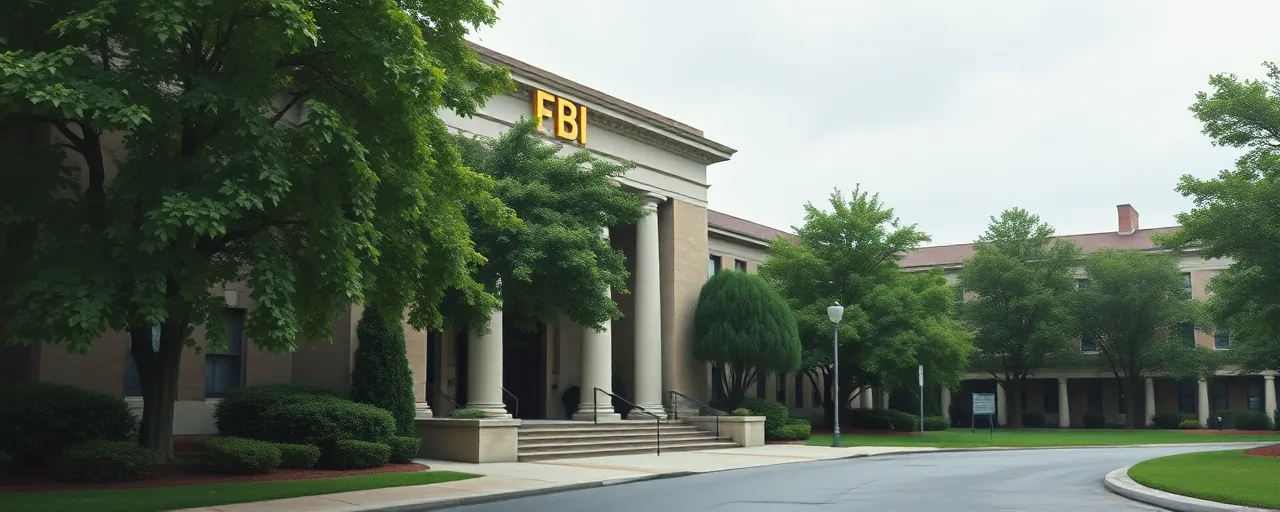A Delayed Invitation
The FBI’s Columbia field office has pushed back the nomination deadline for its Citizens Academy, giving local leaders until June 1 to apply. Originally slated for a spring start, the program’s kickoff is now set for August 7, with weekly sessions running through mid-September. It’s a small tweak in schedule, but one that signals a deliberate effort to keep community ties alive in South Carolina’s heartland.
This isn’t just about dates on a calendar. The academy aims to pull back the curtain on federal law enforcement, offering a firsthand look at how the FBI operates. For an agency wrestling with public skepticism, extending the window could be a practical move to draw in more voices, especially from a region where trust in institutions often hangs by a thread.
Inside the Academy’s Purpose
The Citizens Academy isn’t a new idea. It’s built to connect with business owners, faith leaders, and community figures, people who shape local life in tangible ways. Participants meet every Thursday from 4 to 6 p.m., diving into discussions about the FBI’s role in tackling crime, from drug rings to terrorism threats. By the end, they walk away with a certificate, and maybe a clearer sense of what federal agents actually do.
To get in, applicants need to be at least 21, live or work in the area, and pass a basic background check, complete with fingerprinting. It’s a vetting process that’s thorough but straightforward, designed to ensure the group reflects the community it serves. There’s no fee, and the FBI insists on near-perfect attendance, a nod to the commitment they’re asking for.
Trust on the Line
This push comes at a tricky time. Public faith in the FBI has taken a beating in recent years, with surveys showing doubts cutting across political lines. Critics point to past missteps, like the surveillance of civil rights icons or more recent tangles in political probes, as reasons for the unease. Under Kash Patel’s leadership, the agency is pitching reforms to steady the ship, but skepticism lingers.
On the flip side, field agents and outreach teams argue the real story is in the day-to-day work, the kind the academy showcases. Studies back this up, suggesting that when people see law enforcement up close, especially through transparent, fair interactions, trust can inch upward. Programs like this one, or the Strengthening Police-Community Partnerships initiative, bank on dialogue as a slow but steady fix.
A Broader Context
The Citizens Academy fits into a bigger shift. Law enforcement across the U.S. is leaning harder into community engagement, a trend that’s been building since the 1990s when federal dollars started flowing to partnership-focused policing. Today, it’s less about top-down control and more about two-way streets, with technology, like apps for real-time updates, playing a growing role.
History offers a mixed bag. Decades ago, the FBI under J. Edgar Hoover basked in near-mythic approval, only to see it crash in the 1970s after abuses came to light. Community outreach, including academies like Columbia’s, is partly a response to that legacy, a way to ground the agency’s image in local reality rather than headlines.
What’s at Stake
For the folks in Lexington and beyond, this is about more than a classroom. It’s a chance to ask hard questions and get straight answers, or at least that’s the pitch. The FBI says it wants leaders who can carry those insights back to their neighborhoods, sparking conversations that might ease tensions over time. Whether that pans out depends on who shows up and what they take away.
The extended deadline buys a little breathing room, but the real test is still ahead. With trust in short supply, the academy could be a small step toward something solid, or just another gesture in a long line of tries. Either way, it’s a rare window into an agency that’s often felt distant, and that alone might be worth the price of admission.
